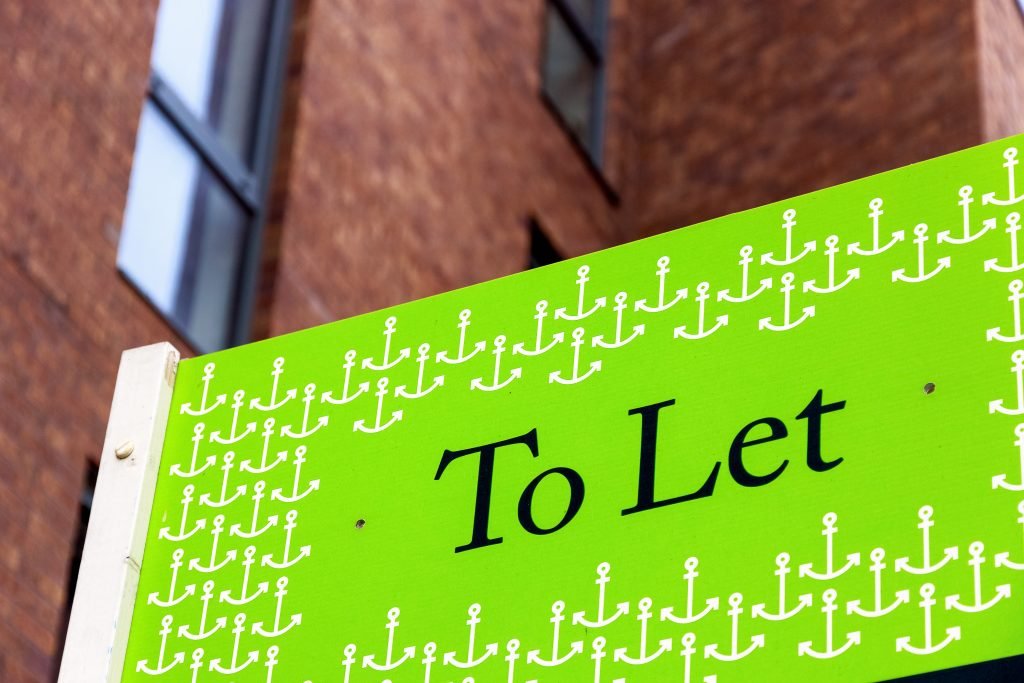Dear reader,
You raise a thoughtful and important question – one that many retirees face when considering how best to convert capital into reliable income. While each person’s circumstances will differ, some core principles apply broadly.
I believe that, in an ideal, all-weather portfolio, you should always aim to combine multiple sources of income. Diversification remains key. It’s not about choosing one asset class over another, but rather about building a strategy where each type of investment complements the others.
A well-constructed portfolio generally includes exposure to cash, bonds, property, and equities – both local and offshore. These asset classes perform differently across economic cycles, and when combined thoughtfully, they offer better inflation-beating returns, greater consistency, and lower downside risk over time. It’s important to remember that property is just one asset class – not a complete solution in itself.
Read: Rental property vs investing: Stacking one investment type up against the other
When it comes to property, outcomes vary significantly depending on location. The Western Cape, for example, has delivered strong capital growth in recent years. But other regions have seen real value decline.
If you’re considering buying property to rent it out, you’ll need to calculate the net return carefully – taking into account rates, taxes, levies, ongoing maintenance, and the cost of vacancy or tenant turnover.
In some cases, the return on a diversified investment portfolio (say, compounding at 10% annually) may outperform a rental property, especially when you consider the liquidity and tax implications.
A few property-specific factors to keep in mind:
- Liquidity: Property is not a liquid asset. If you need cash quickly, selling a property can take time – which could be a concern given your understandable caution regarding South Africa’s political and economic uncertainty.
- Taxation: Rental income will be taxed at your marginal rate – and since you’re already receiving annuity income taxed via PAYE, this could push you into a higher bracket. In contrast, certain investment structures can reduce your tax burden by making use of capital gains tax (CGT) instead.
- Inflation matching: Rental income tends to increase slowly and often lags behind inflation. A diversified investment portfolio – including listed property – may offer better inflation protection over the long term, with more flexibility and efficiency.
It’s also worth noting that stock market performance doesn’t always mirror the country’s political or economic climate. Many companies listed on the JSE operate globally and earn revenue in hard currency.
For example, at the time of writing, the JSE delivered a six-month return of 14.6% and a one-year return of 20.65% – despite ongoing domestic uncertainty. This is why offshore exposure is a vital part of any South African investor’s portfolio: it not only helps hedge against rand weakness, but also opens up new investment opportunities in global markets and industries.
Read: Is rental property a good investment?
In summary, I recommend building a balanced retirement strategy that addresses:
- Tax efficiency: Avoid relying solely on income taxed at marginal rates. Use structures that include CGT-based withdrawals or tax-free components.
- Diversification: Spread your exposure across asset classes, geographies and risk levels.
- Liquidity and access: Ensure part of your portfolio can be accessed quickly, without penalties or delays.
- Estate planning: Consider how your choices will impact your beneficiaries, taxes and administration.
There is no one-size-fits-all answer, but by balancing property with well-managed investments, you can build a retirement income strategy that offers security, flexibility and peace of mind – even in a volatile environment like South Africa.

